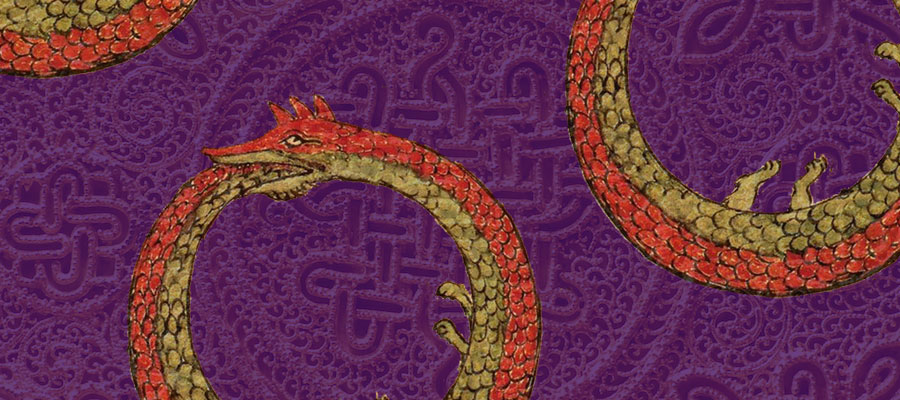Participants
Charles Burnett (The Warburg Institute)
Chair
Gerasimos Merianos (Institute of Historical Research, National Hellenic Research Foundation, Athens)
Terms, Concepts, and Perceptions of Alchemy in Byzantium
Practical philosophy or plain foolery? An art fitting for royalty or one suitable for swindlers? The study of alchemy in Byzantium reveals a diversity of ideas that imply the appeal but also the risks of the “sacred and divine art.” By investigating terminology and concepts in alchemical and non- alchemical literature, this paper stresses the usefulness of discerning between views on alchemy expressed by Byzantine scholars belonging to several—at times interrelated—groups, i.e. alchemical authorities, alchemy enthusiasts, and non-specialists. It also intends to examine the points of convergence and divergence between these views, their background, and their evolution.
Alexandre Roberts (University of Southern California)
Organizer and presenter
Philosophers, Chemists, and the Sacred Art: The Greco-Arabic Intellectual Context of Byzantine Alchemy
What was ‘alchemy’ in medieval Byzantium? In English, the word may refer to transmutation of metals and the like, but it also connotes fraud, pseudo-science, occultism, quasi-religious mysticism, and so on. This paper takes seriously Byzantine alchemical authors’ self-description as philosophers, setting their ideas in the broader context of Byzantine and Arabic philosophy and science. This shows how tightly integrated Byzantine theories about the manipulation of matter by human craft were with other natural sciences and suggests a more holistic approach to Byzantine and Islamic science.
Shannon Steiner (Bryn Mawr College)
Alchemy in Medieval Byzantium: An Artisanal Turn
In this paper I consider the inclusion of artistic treatises in medieval Byzantine alchemical manuscripts. I examine two treatises on goldsmithing, dated to the Middle Byzantine period, which show a turn towards artistic labor as a means of decoding the behavior of matter. Although knowledge mined from artisanal practice appears in alchemical texts as early as the first century CE, I argue that the inclusion of long-form artistic treatises in Byzantine alchemical manuscripts marks a deliberate reframing of artistic techniques as epistemologically significant. Through this artisanal turn, art-making became a premier method of investigating nature and understanding the physical world.
